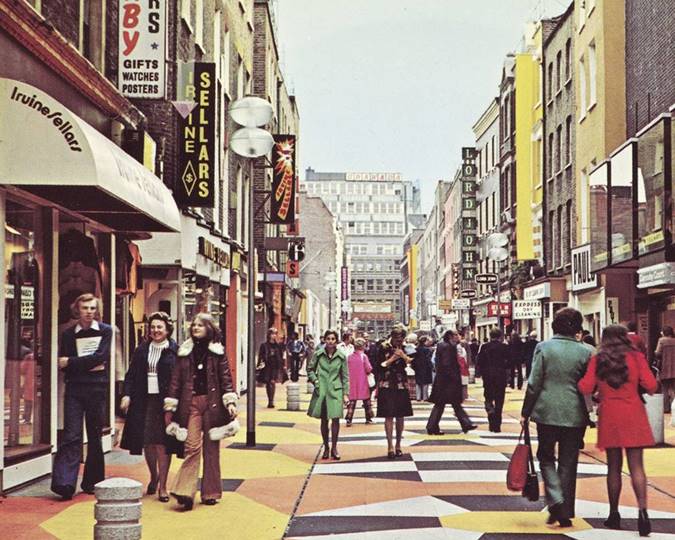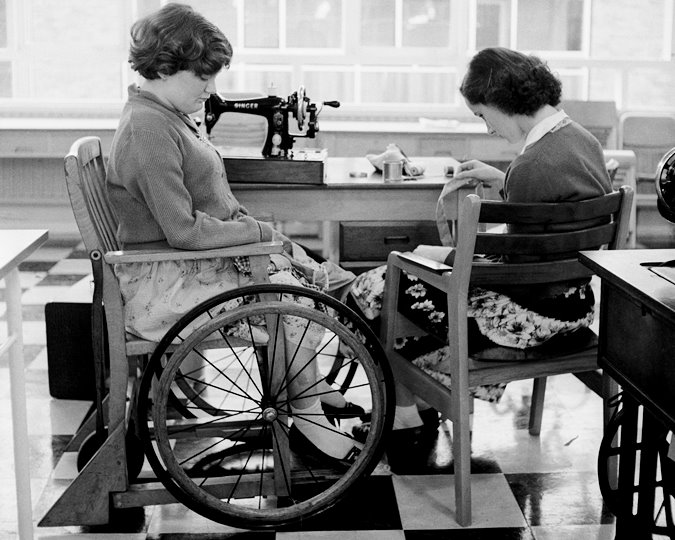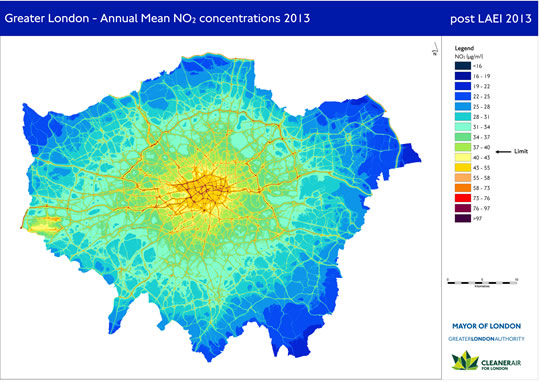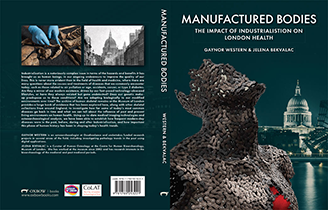Air pollution today
So have the hundreds of years of research, protesting and restrictions on air pollutants made any difference?
And why are we still struggling with coal burning and global warming? The COVID-19 outbreak made us all aware of how dependent we have become on busy working, commuting and entertainment environments and how much we all share the air around us. So, are we doing any better at keeping it healthy and clean?
The good news is that air pollution has definitely improved since the Industrial period. Workplaces are smoke-free zones and dust hazards are well monitored and regulated, though working with new technologies and materials provides new health challenges. The Clean Air Act of 1956 restricted coal burning in the city and there have been no smogs in recent history. But we still need to be thinking really carefully about our energy sources and use, because air pollution is still a big problem. Even today, London suffers the highest rates of mortality from anthropogenic (artificial) air pollution in the whole of England and Wales.
Climate Change and London, Museum of London video on YouTube
Current causes of air pollution in the city
Traffic bottlenecks are a significant contributor to air pollution, leading to the creation of the Ultra Low Emission Zone in the city, which is soon to be expanded to some suburbs, encouraging the use of low emission and electric motor vehicles. Cycles and electric foot scooters have become the latest fashionable trend for manoeuvring speedily and easily around the city, but weaving in and out of pedestrians and traditional traffic is dangerous. When we create new forms of greener transport, how can we introduce it safely into a crowded city already congested with traffic?
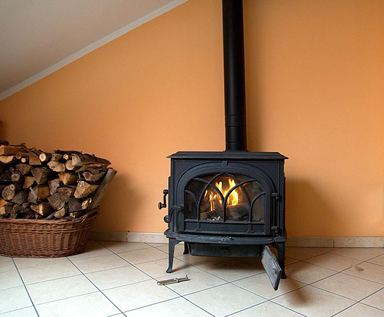
Woodburner
Coal fires have largely been replaced by central heating. But we still miss the homeliness of the hearth and over the last few years, there has been an increasing trend for wood burners and even open fires in the home, using wood as fuel alternative. It has been estimated that at least 25-33% of London’s particulate pollution today comes from domestic fires. Sometimes, the lessons of the past are quickly forgotten.
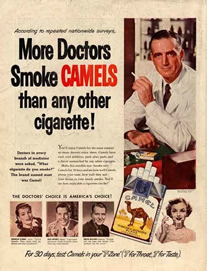
Advert for smoking
Smoking also continues to be a contentious issue. For years, smoking continued to be promoted as fashionable and became extremely popular after the introduction of mass produced cigarettes in the late 19th century. Everyone started smoking, including movie stars and women, who used it as a symbol of defiant liberation. It was even promoted as a healthy habit until the link to cancer was found. After this, rates of smoking were dramatically reduced.
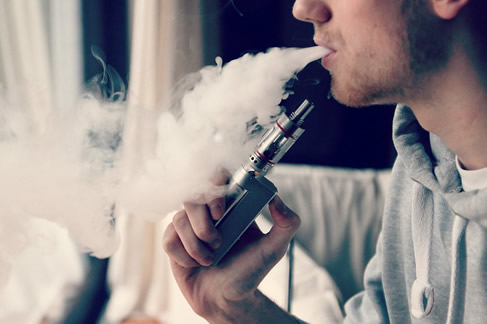
Vaping (cc-by-nd 2.0 https://www.flickr.com/photos/vaping360/16348040092)
E-cigarettes have now become a popular alternative and their use is supported by Public Health England for helping to reduce the smoking of traditional cigarettes.
As a result, the British Government has recently announced that the NHS may be the first in the world to prescribe them as a medical device. Many clinicians, however, believe that this could lead to the NHS financially supporting Big Tobacco companies, and that this would be unethical. Although, as history tells us, cigarettes being promoted as medicinal is nothing new.
Next: Cancer



